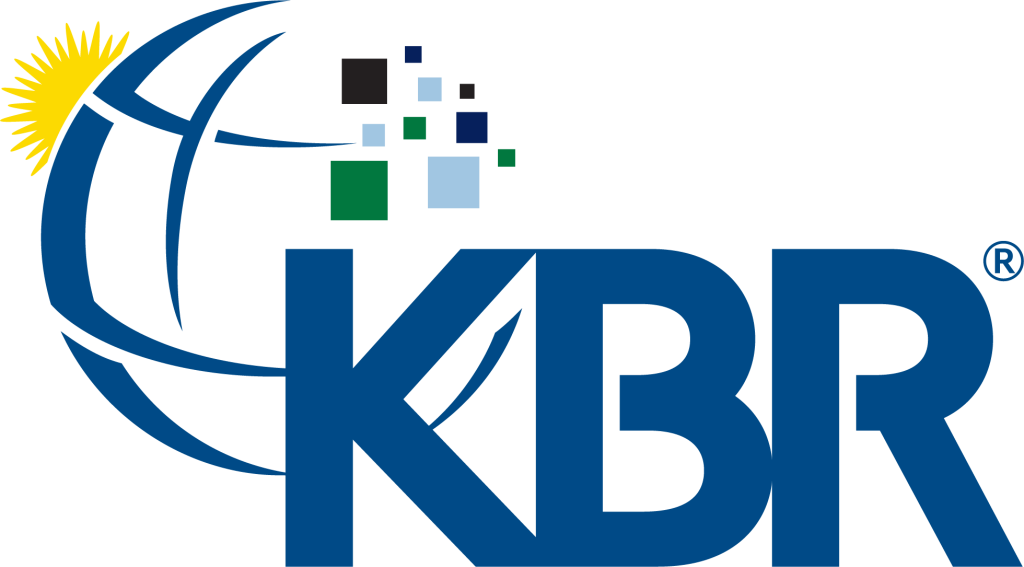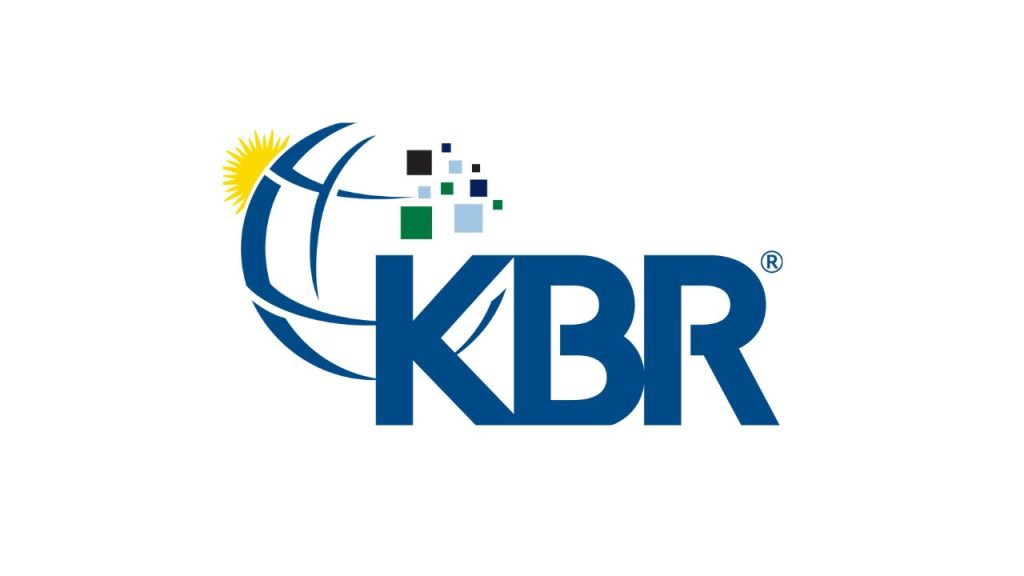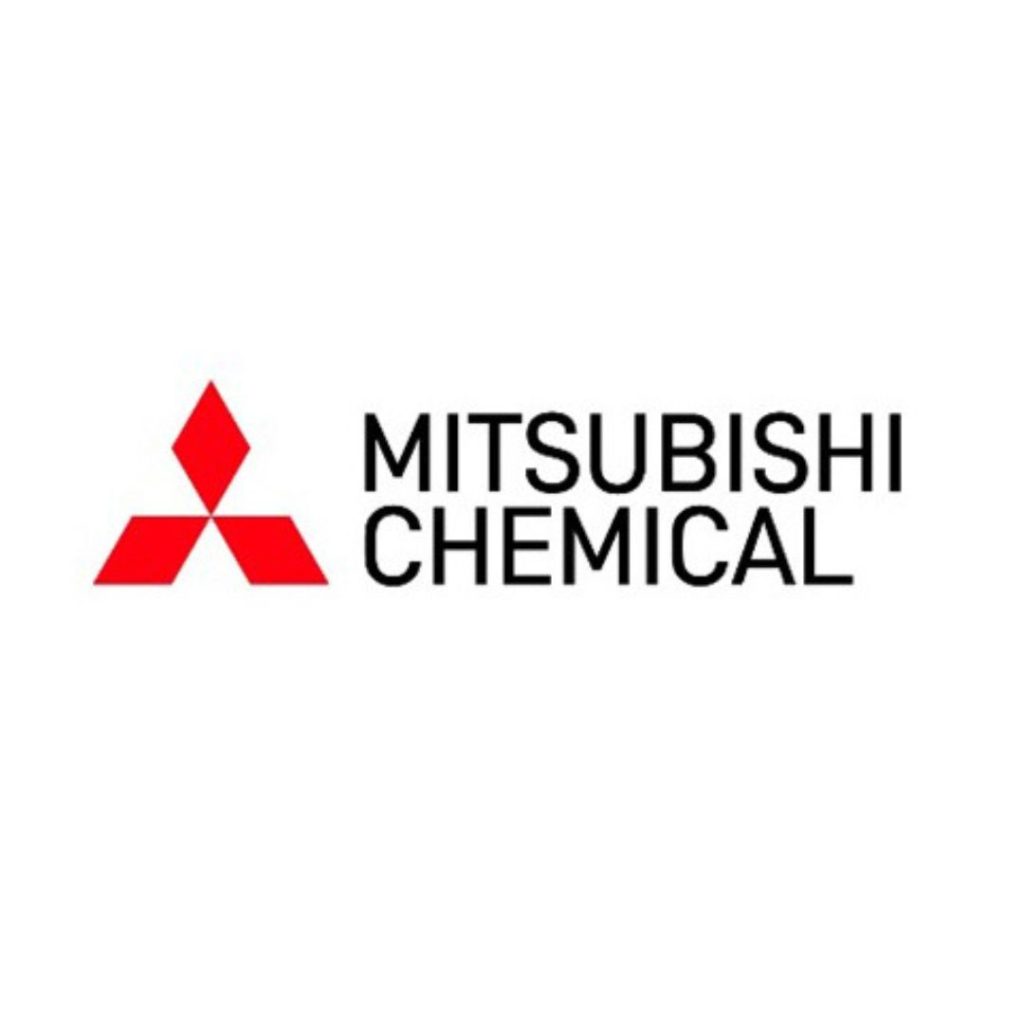To keep up to date with our global roll-out and developments, please complete your details below:
Mura Technology announces US$100 million strategic investment from KBR, Inc. to tackle climate impact of plastic waste
1 June 2022
Mura Technology is delighted to announce a new equity investment from science, technology and engineering firm KBR. The $100m investment will provide the platform for Mura to develop multiple new projects around the world to remove over 1 million tonnes of plastic from global waste streams. Alongside the investment, a representative from KBR management will join Mura’s board of directors to help shape the future strategy of the business.

Mura has been in alliance with KBR, its exclusive global licensing partner, since January 2021. Together they have combined technological expertise and global reach to bring Mura’s innovative recycling technology Hydro-PRT® (Hydrothermal Plastic Recycling Technology) to markets around the world, accelerating and de-risking the delivery of future projects.
Demand continues to grow for this technology, and Mura has since announced a licensing agreement with Mitsubishi Chemical Corporation in June 2021, as well as strategic partnerships with Dow and Chevron Phillips Chemical Corporation. Together, Mura and its licensees have plans to build facilities around the world; the first is due to open in Teesside, United Kingdom, in 2024, followed by sites in the USA and Germany which will commence construction in the coming months. Further sites are planned for Europe and Asia, including a project in South Korea with LG Chem which will initially support the recycling of 25,000 tonnes of plastic waste.
Each year, an estimated 300 million tonnes of plastic waste is generated, half of which is single-use plastics1. Furthermore, the extraction of fossil fuels and their transportation to plastic manufacturing sites emits 12.5 to 13.5 million tonnes of greenhouse gases every year2.
Hydro-PRT is capable of recycling end-of-life plastic; converting mixed plastic streams into fossil-replacement oils and chemicals, enabling plastic waste to be upgraded into new plastics and other products. There is no anticipated limit to the number of times the same material can be recycled, and the use of Mura’s ground-breaking supercritical water technology within the process makes it inherently scalable.
“The combination of Mura’s game-changing Hydro-PRT technology with KBR’s scalable engineering and licensing expertise has now established a world-leading alliance in the advanced recycling of plastics. This additional investment by KBR in Mura Technology and the addition of a member of KBR's management to Mura's Board of Directors demonstrates a strong commitment to this partnership by both parties. The investment proceeds will be used to support our first commercial-scale plant in Teesside later this year as well as fund the development of several plants in the US and Europe.
“Plastic pollution is a global crisis which requires millions of tonnes of advanced recycling in order to begin to address this problem. At Mura, our goal is to design and deliver projects which provide robust risk-return profiles, which ensure investor confidence, and collaborations with partners such as KBR will allow us to achieve this as quickly and effectively as possible.”
“Building on our strong partnership of collaboration and innovation, we are very excited to announce our expanded investment in Mura. With a strategic approach to commercializing and scaling its proprietary, differentiated plastics recycling solution, Mura is very well positioned for profitable growth and value creation as the plastics circular economy develops and matures.”
1 https://www.unep.org/interactives/beat-plastic-pollution/
2 https://yaleclimateconnections.org/2019/08/how-plastics-contribute-to-climate-change/

